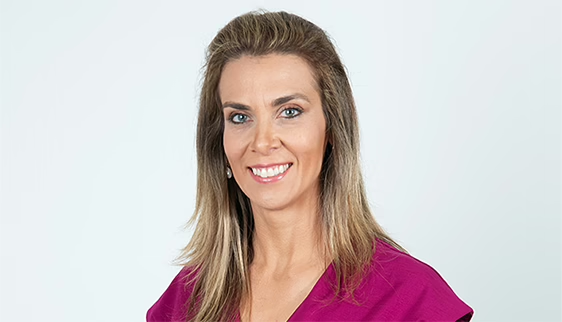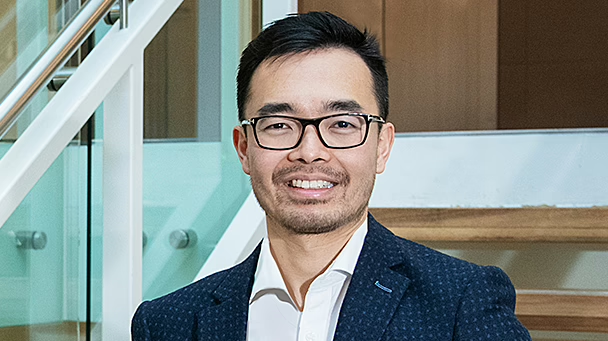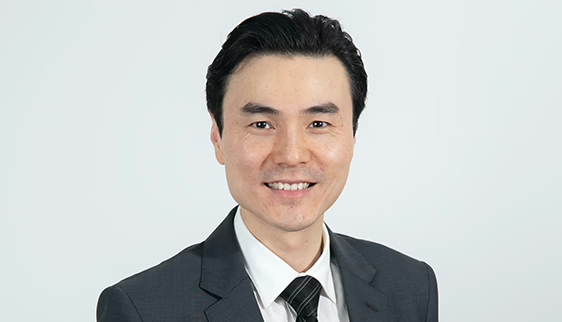Book a consultation
Book a consultation with one of our doctors or at one of our clinics below.
Do NOT use this form in an emergency – contact one of our clinics or your nearest hospital emergency department instead.
Some services may not be performed by your preferred doctor or at your preferred clinic. We will confirm this with you before making an appointment.
Cataract surgery procedures at our Adelaide clinics
Cataract surgery in Adelaide overview
If you require cataract surgery or lens replacement and live in South Australia, our Adelaide surgeons have expertise in cataract diagnosis and extraction and intraocular lens replacement.
Following a consultation, our Adelaide doctors will advise if you are a suitable candidate for cataract surgery. Your doctor will also educate you on various intraocular lens options and help you select an IOL based on your visual needs, eye health and lifestyle.
Overall, cataract extraction is considered one of the safest surgeries performed today and is associated with high success rates and good visual outcomes for patients.
For more information about cataract and lens surgery, visit our cataract & lens services page.
What to expect on the day of your cataract procedure
Cataract and lens surgery is generally performed at Windsor Gardens Day Surgery – an accredited, purpose-built and state-of-the-art facility co-located with the Windsor Garden clinic. Cataract surgery may also take place at a local hospital, as determined by your surgeon.
Prior to surgery, patients are treated with a local anaesthetic, applied directly to the eyes via eye drops or an anaesthetic block. Once in effect, your surgeon makes a small incision (between 2 to 3 mm) in the margin of the cornea (the eye’s surface), which is used to access the cataract.
Once accessible, the cataract is broken into smaller fragments by the surgeon using ultrasound technology. The cataract surgeon then uses a vacuum to flush these pieces from the capsule that contains the lens.
Following cataract removal, an artificial IOL is skillfully inserted through the corneal incision and accurately positioned into the lens capsule. This functions as a lens replacement.
As the procedure requires only 30 minutes, cataract surgery patients are able to return home within several hours of having cataract removal.
Once a new lens has been inserted, it is no longer possible to develop a cataract – meaning that cataract surgery is a one-off procedure.
How much does cataract surgery cost in Adelaide?
The cost of cataract removal and intraocular lens replacement varies and is determined by several factors. For instance, your surgeon’s experience, the health of your eyes and your choice of lens all influence cataract surgery cost.
Following your pre-surgical consultation, your cataract surgeon can provide you with a detailed quote.
A portion of the cost of cataract surgery is also covered by Medicare and your private health insurer. However, the amount that you pay out of pocket (the gap payment) will depend on your level of health coverage and your chosen IOL. Additionally, you may be subject to waiting periods and excess payments.
We recommend that you contact your private health insurer directly to determine your out-of-pocket cost.
Traditional (manual) cataract surgery
During manual cataract surgery, your doctor makes corneal incisions and extracts the cataract using handheld instruments – meaning that your doctor manually performs all steps of the procedure before inserting the artificial IOL.
Refractive lens exchange
Refractive lens exchange is a vision correction technique that uses similar methods to cataract surgery. Clear lens extraction or lens replacement surgery are alternative names for this procedure.
Refractive lens exchange involves the removal of the eye’s natural lens and replacement with an artificial IOL. Despite its similarities to cataract surgery, this procedure can be performed on individuals who do not have cataracts as a means of vision correction. Short-sightedness, long-sightedness and astigmatism can be improved using this procedure.
Replacement lens options
There are several options to select from when choosing an IOL to replace your eye’s natural lens. Your choice will depend on your personal goals and your preferences.
For example, multifocal lenses are ideal if freedom from glasses is your priority, as these have a number of focal points that allow clear focus at several distances (far, intermediate and near vision). Meanwhile, some patients opt to have monovision, where one replacement lens corrects for distance vision while the other corrects for near vision. In this instance, the brain combines the images from each eye into one single picture. However, this option is not suitable for everyone. Modern replacement lenses, known as toric IOLs, can be used to correct astigmatism, further enhancing patient visual outcomes.
Your surgeon will discuss the advantages and disadvantages associated with each lens and will help you select an option appropriate to your needs.
Implantable (phakic) lenses
An implantable lens is a very small, flexible refractive lens that is surgically implanted within the eye, where it functions like a contact lens. Once positioned within the cornea, it unravels and sits in front of the eye’s natural lens to correct vision – this includes short-sightedness, long-sightedness and astigmatism.
Implantable lenses are semi-permanent and the procedure is reversible. The implantable lens can be removed at a later stage should another lens procedure (such as cataract surgery) be required.
Is there a waiting period for getting cataract surgery in Adelaide?
There is no waiting period for private cataract surgery. Usually, private surgeries are scheduled a few weeks after your initial consultation. If you claim your surgery with private health insurance, there may be a waiting period before you can make a claim. However, public cataract surgery has a waiting period that could be a year or longer.1,2
References:
1. Huang-Lung J, Angell B, Palagyi A et al. The true cost of hidden waiting times for cataract surgery in Australia. Public Health Res Pract 2022 Oct 12;32(3):31342116.
2. Australian Medical Association (AMA). Shining a light on the elective surgery ‘hidden’ waiting list. AMA; 2022. Available at <https://www.ama.com.au/elective-surgery-hidden-waiting-list> [Accessed online 8 November 2023].
How do the costs of cataract surgery in Adelaide compare with other major Australian cities?
The cost of cataract surgery is similar across all major Australian cities. Out-of-pocket costs for private cataract surgery are affected by your level of private health insurance coverage, whether you receive traditional or laser-assisted cataract surgery, and the type of replacement lens selected. We recommend booking in for a cataract surgery assessment for an accurate quote.
Do public hospitals in Adelaide have longer waiting periods for cataract surgery compared to private clinics?
Public hospitals have wait times that can be a year or longer, while private clinics have wait times of only a few weeks.1,2 If you wish to claim your cataract surgery with private health insurance, there may be a wait before you can do so. Contact your health fund directly for more information.
References:
1. Huang-Lung J, Angell B, Palagyi A et al. The true cost of hidden waiting times for cataract surgery in Australia. Public Health Res Pract 2022 Oct 12;32(3):31342116.
2. Australian Medical Association (AMA). Shining a light on the elective surgery ‘hidden’ waiting list. AMA; 2022. Available at <https://www.ama.com.au/elective-surgery-hidden-waiting-list> [Accessed online 8 November 2023].
How do I navigate the referral process for cataract surgery within the South Australian healthcare system?
To get a referral, make an appointment with a GP or optometrist. Explain you are interested in cataract surgery, and they will examine you and refer you to an ophthalmologist if it is appropriate. Upon receiving your referral, you can book your pre-surgical assessment at one of our Adelaide clinics online or by calling a clinic directly. It is important to get a referral so that Medicare can rebate part of the cost of your appointment and surgery.
Is telehealth or virtual consultation an option for pre- and post-operative care with Adelaide-based ophthalmologists?
Pre- and post-operative consultations require a detailed assessment of your eyes and cannot be performed virtually. We understand you may be travelling or have scheduling challenges, and we can organise your appointments to minimise any inconvenience.
Do private health insurance plans in Adelaide offer comprehensive coverage for cataract surgery, including premium lens implants?
Some private health insurance plans will offer comprehensive coverage for your cataract surgery and potentially your choice of lens implant. To learn more, speak to private health insurance providers directly.
How accessible are Adelaide's top cataract surgery clinics via public transportation or main roads?
As one of the top cataract surgery providers in Adelaide, all our clinics are easily accessible. Our North Adelaide, Windsor Gardens and Kurralta Park clinics are near public transport and major roads. We also offer free parking on-site at all clinics.
Do Adelaide clinics offer any patient finance options or payment plans specifically for cataract surgery?
We do not currently offer patient financing options for cataract surgery at our Adelaide clinics.
Do Adelaide's ophthalmic clinics offer multilingual services or cater to specific cultural groups?
All Vision Eye Institute clinics are proud to offer multilingual services. Staff members at our North Adelaide and Windsor Gardens clinics can provide translation in Greek, Portuguese, Mandarin, and Shanghainese. Staff at our Kurralta Park clinic can provide translation in Mandarin and Shanghainese.
Please advise us that you require translation services at the time of booking, so we can do our best to accommodate your request.
Our cataract surgeons in Adelaide
Our team of highly skilled ophthalmic surgeons treat early to advanced cataracts and perform complex cataract surgery. With access to the latest range of replacement lens options (e.g. trifocal, extended depth of focus, toric), our doctors tailor cataract treatment plans to meet individual needs.
-
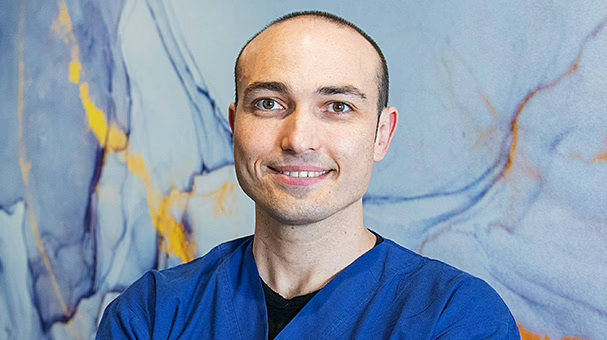
Dr Paul Athanasiov
MBBS FRANZCO MMed (OphthSc) MOphth
Locations
- North Adelaide
- Windsor Gardens
- Kurralta Park
Book a consultationwith Dr Paul AthanasiovOur cataract and lens surgery clinics in Adelaide
Pre- and post-cataract surgery consultations are provided at our fully equipped South Australian clinics. Meanwhile, cataract and lens surgery is performed at one of our state-of-the-art, accredited day surgery facilities.
-
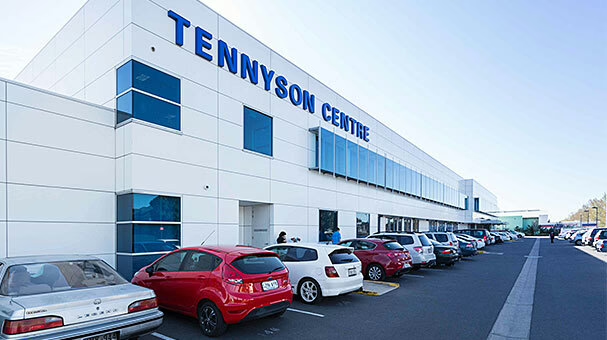
Kurralta Park
- 08 8292 2322
- Email us
-
Suite 21, 520 South Road
Kurralta Park 5037 sa -
M–F 8:30 am – 4:30 pm
Sat Closed
Sun Closed
-
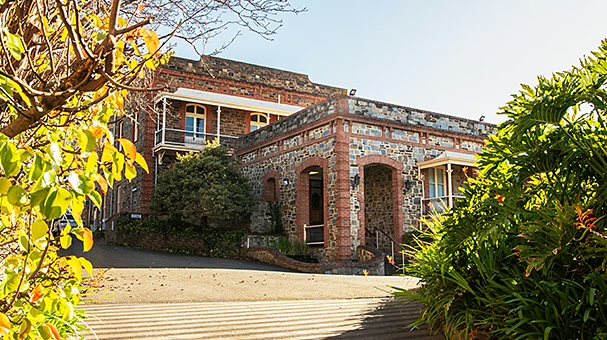
North Adelaide
- 08 8239 0118
- Email us
-
226 Melbourne Street
North Adelaide 5006 sa -
M–F 8:30 am – 5 pm
Sat Closed
Sun Closed
-
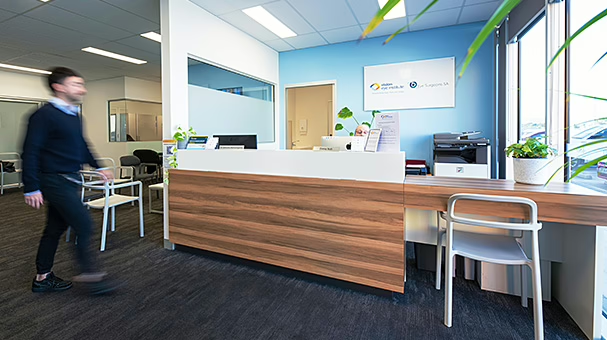
Windsor Gardens
- 08 8239 0118
- Email us
-
Suite 5, Ground Floor, 480 North East Rd
Windsor Gardens 5087 sa -
M–F 8:30 am – 5 pm
